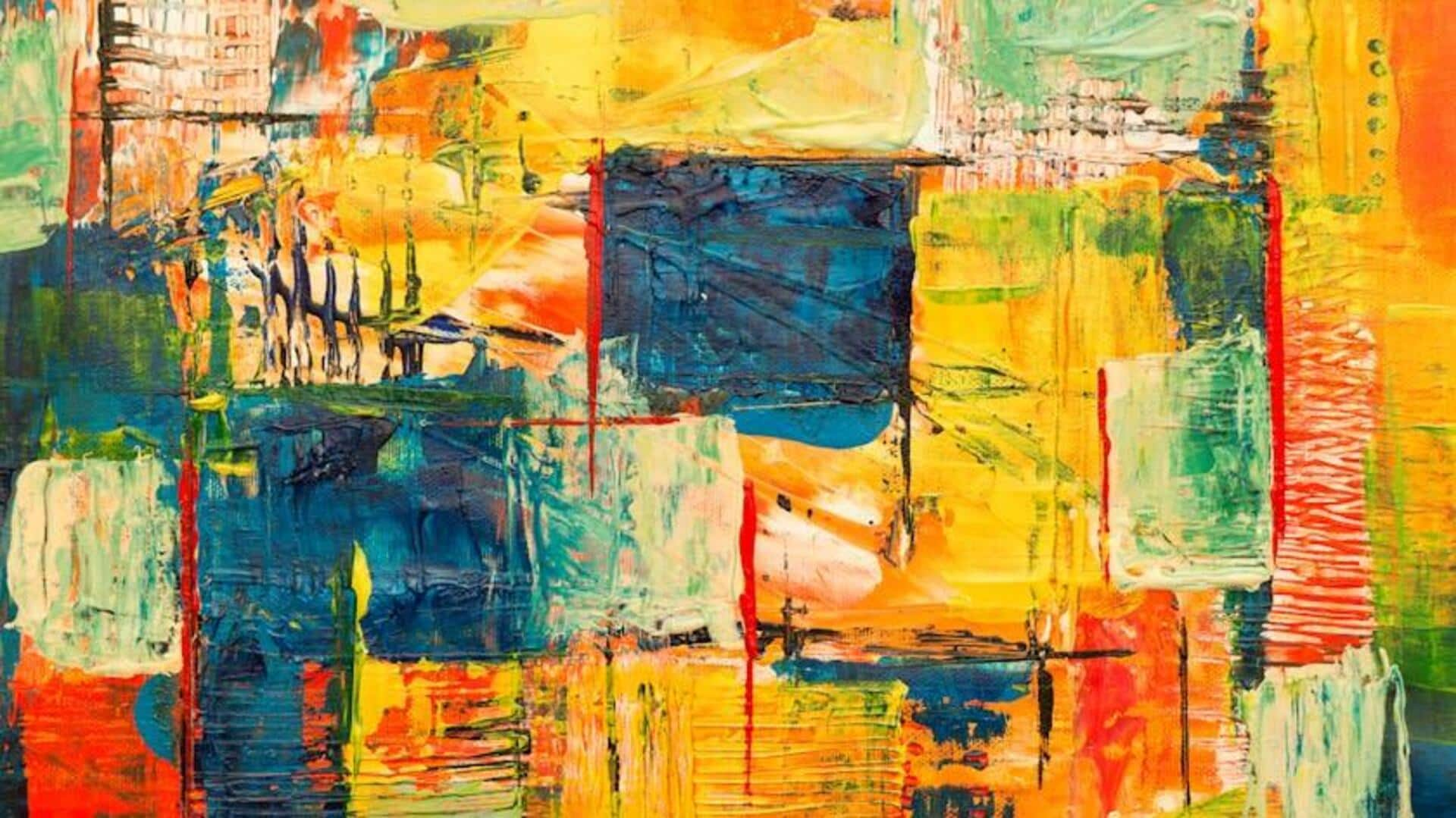
Voices behind the canvas: African art critics unveiled
What's the story
This article is a deep dive into the world of African art through the lens of its most influential critics. It unpacks how these voices have shaped narratives, influenced trends, and ultimately championed a greater understanding and appreciation for African art on the global stage. By exploring their perspectives and contributions, we gain a deeper understanding of the rich tapestry of African culture as expressed through its art.
Trailblazers
Pioneers in African art criticism
The first generation of African art critics, notably the Nigerian critic Ulli Beier, hold a special place in post-colonial history. They were instrumental in bringing African art to the world stage, reclaiming its narrative from Western interpretations. Their pioneering work set the foundation for the modern appreciation of African aesthetics. They emphasized its inherent worth, moving away from an anthropological lens.
Modern influencers
Contemporary voices shaping perceptions
Prominent African art critics, notably Chika Okeke-Agulu and the late Okwui Enwezor, have revolutionized the narrative surrounding African art. Their work emphasizes contemporary artists while exploring themes of identity, diaspora, and post-colonialism within the broader context of global art. They have not only influenced perceptions of modern African art within Africa, but have also facilitated its recognition on the world stage. They dismantle stereotypes and cultivate a deeper understanding.
Digital age
The role of digital platforms in art criticism
The advent of digital platforms has revolutionized the landscape of art criticism. Blogs, online journals, and social media have empowered critics with the ability to connect with vast audiences, transcending the confines of traditional print media. This transformation has democratized access to critical discourse in African art, fostering a more inclusive space for diverse voices to shape the narrative.
Cultural exchange
Bridging cultures through art criticism
Art criticism has played a vital role in connecting cultures by shedding light on the socio-political realities that shape artistic expression. Critics act as cultural translators, decoding these realities for global audiences and promoting cross-cultural dialogue. By analyzing how artists explore themes of migration, globalization, and cultural hybridity, critics contribute to a deeper understanding of our shared human experience.
Forward-looking
Future directions in African art criticism
The future of African art criticism lies in the transformative power of emerging technologies. Virtual reality exhibitions and digital archives are revolutionizing the way we engage with art, democratizing access to works by previously underrepresented artists from Africa. These advancements hold the potential for not just greater visibility for these artists, but also a richer global engagement with their creations.